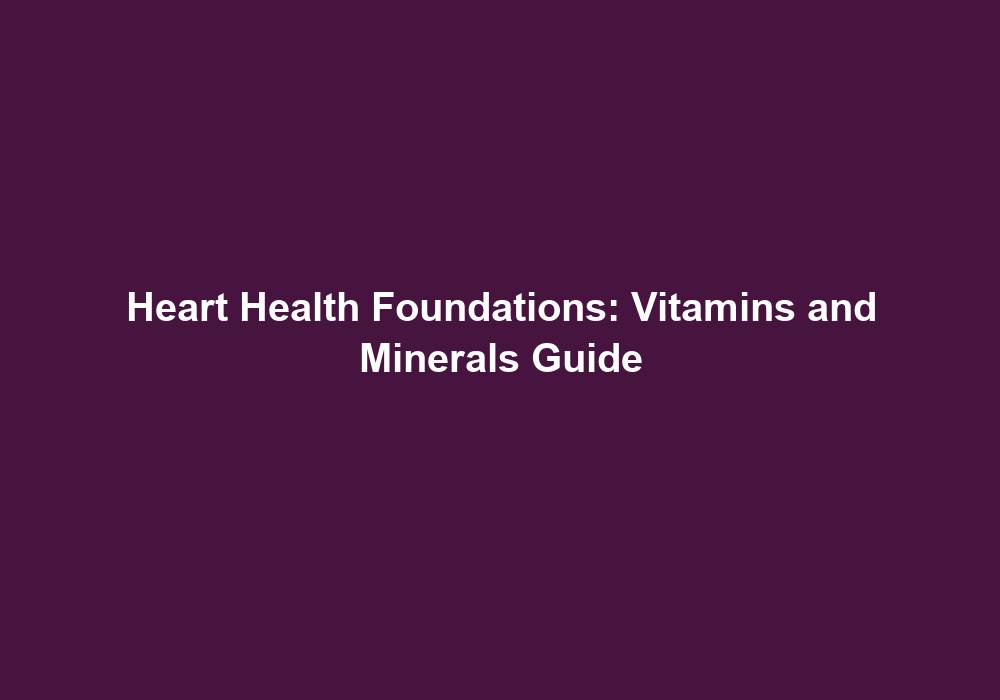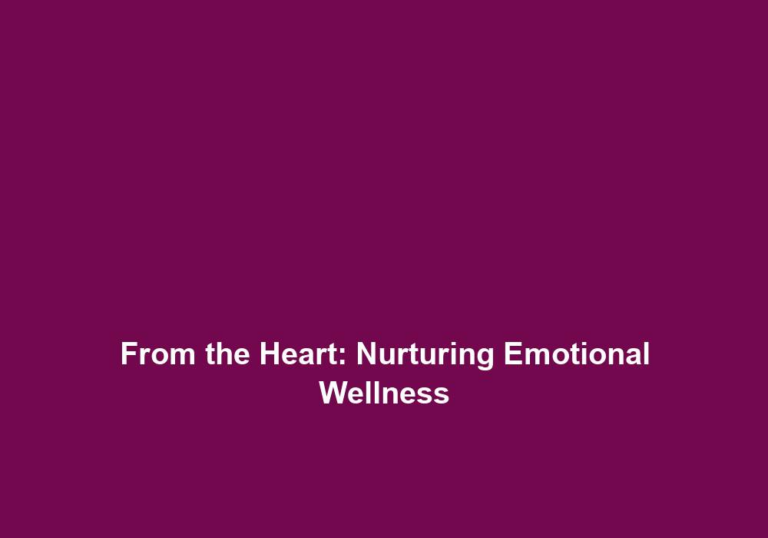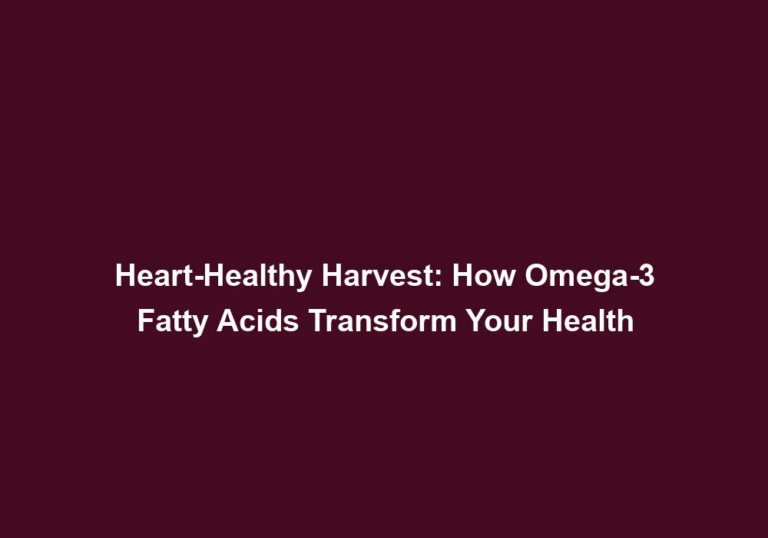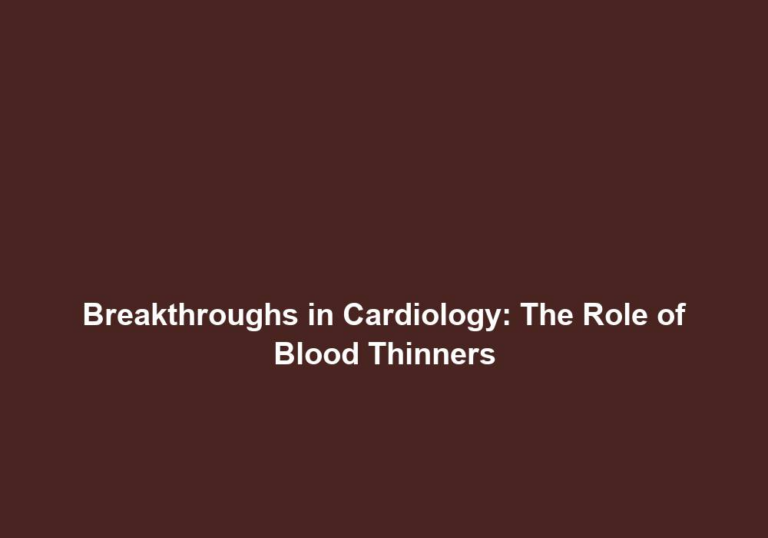Heart Health Foundations: Vitamins and Minerals Guide
Maintaining a healthy heart is crucial for overall well-being, and one of the ways to support cardiovascular health is through a balanced intake of essential vitamins and minerals. These nutrients play vital roles in promoting heart health, from reducing the risk of heart disease to supporting the proper functioning of the cardiovascular system. In this comprehensive guide, we will delve into the key vitamins and minerals that are beneficial for heart health and explore their sources, benefits, and recommended daily intake.
1. Vitamin C
Vitamin C, also known as ascorbic acid, is renowned for its immune-boosting properties. However, its benefits extend beyond that, as it also plays a significant role in promoting heart health. This powerful antioxidant helps protect cells from damage caused by harmful free radicals and supports the production of collagen, which is essential for maintaining the integrity of blood vessels.
In addition to its antioxidant properties, vitamin C has been associated with a reduced risk of heart disease. Studies have shown that individuals with higher vitamin C levels in their blood have a lower risk of developing cardiovascular conditions. It is believed that vitamin C helps improve endothelial function, which is crucial for the health of blood vessels and overall cardiovascular health.
To incorporate more vitamin C into your diet, consider adding citrus fruits like oranges and grapefruits, strawberries, bell peppers, and leafy greens such as spinach and kale. These foods are not only rich in vitamin C but also provide a host of other beneficial nutrients.
Benefits of Vitamin C for Heart Health:
- Reduces the risk of heart disease
- Protects cells from damage caused by free radicals
- Supports collagen production for healthy blood vessels
- Improves endothelial function
Sources of Vitamin C:
- Citrus fruits (oranges, grapefruits, lemons)
- Berries (strawberries, raspberries)
- Bell peppers (red, green, yellow)
- Leafy greens (spinach, kale, Swiss chard)
Recommended Daily Intake: The recommended daily intake of vitamin C for adults is around 75-90 milligrams. By consuming a variety of vitamin C-rich foods, you can easily meet this requirement and support your heart health.
2. Vitamin D
Often referred to as the sunshine vitamin, vitamin D is crucial for overall health, including heart health. This vitamin plays a vital role in regulating blood pressure, reducing inflammation, and supporting the proper functioning of the cardiovascular system.
One of the primary ways our bodies obtain vitamin D is through exposure to sunlight. When our skin is exposed to sunlight, it produces vitamin D naturally. However, due to factors such as limited sunlight exposure and the use of sunscreen, many individuals may not get enough vitamin D from sunlight alone. In such cases, obtaining vitamin D from dietary sources becomes essential.
Fatty fish like salmon and mackerel are excellent sources of vitamin D. Additionally, fortified dairy products such as milk and yogurt, as well as eggs, can contribute to your daily vitamin D intake.
Benefits of Vitamin D for Heart Health:
- Regulates blood pressure
- Reduces inflammation
- Supports cardiovascular system function
Sources of Vitamin D:
- Fatty fish (salmon, mackerel, sardines)
- Fortified dairy products (milk, yogurt)
- Eggs
Recommended Daily Intake: The recommended daily intake of vitamin D varies depending on age and individual needs. Generally, adults should aim for around 600-800 International Units (IU) per day. It is important to consult with a healthcare professional to determine the appropriate dosage for your specific needs.
3. Vitamin E
Vitamin E is a potent antioxidant that helps protect the heart from oxidative stress and inflammation. It also assists in preventing the oxidation of low-density lipoprotein (LDL) cholesterol, often referred to as bad cholesterol, and helps maintain healthy blood vessels.
Studies have shown that vitamin E supplementation may have a positive impact on heart health. It has been associated with a reduced risk of heart disease and improved overall cardiovascular function. However, it is important to note that obtaining vitamin E from food sources is generally recommended over supplements.
To incorporate more vitamin E into your diet, consider including foods such as nuts (almonds, walnuts), seeds (sunflower seeds, pumpkin seeds), vegetable oils (sunflower oil, olive oil), and leafy greens (spinach, Swiss chard) in your meals.
Benefits of Vitamin E for Heart Health:
- Protects the heart from oxidative stress and inflammation
- Prevents the oxidation of LDL cholesterol
- Supports healthy blood vessels
Sources of Vitamin E:
- Nuts (almonds, walnuts)
- Seeds (sunflower seeds, pumpkin seeds)
- Vegetable oils (sunflower oil, olive oil)
- Leafy greens (spinach, Swiss chard)
Recommended Daily Intake: The recommended daily intake of vitamin E for adults is around 15 milligrams. By incorporating vitamin E-rich foods into your diet, you can easily meet this requirement and support your heart health.
4. B Vitamins
The B vitamins, including B1 (thiamine), B2 (riboflavin), B3 (niacin), B6 (pyridoxine), B9 (folic acid), and B12 (cobalamin), play a crucial role in maintaining heart health. These vitamins are involved in various processes in the body, such as converting food into energy, supporting the production of red blood cells, and regulating homocysteine levels.
Elevated levels of homocysteine have been associated with an increased risk of heart disease. B vitamins, particularly B6, B9, and B12, help regulate homocysteine levels and reduce the risk of cardiovascular conditions.
To ensure an adequate intake of B vitamins, include foods such as whole grains, legumes, leafy greens, and lean meats in your diet.
Benefits of B Vitamins for Heart Health:
- Convert food into energy
- Support the production of red blood cells
- Regulate homocysteine levels
Sources of B Vitamins:
- Whole grains (oats, brown rice, quinoa)
- Legumes (beans, lentils)
- Leafy greens (spinach, kale, broccoli)
- Lean meats (chicken, turkey, lean beef)
Recommended Daily Intake: The recommended daily intake of B vitamins varies depending on the specific vitamin. For instance, adults should aim for around 1.1-1.2 milligrams of B1, 1.1-1.3 milligrams of B2, and 14-16 milligrams of B3 per day. Incorporating a variety of B vitamin-rich foods into your diet can help you meet these requirements and support your heart health.
5. Magnesium
Magnesium is an essential mineral that supports various bodily functions, including maintaining a healthy heart rhythm and blood pressure. It helps relax blood vessels, reduces inflammation, and supports proper muscle function, including the heart muscle.
Studies have shown that individuals with higher magnesium intake have a lower risk of developing cardiovascular conditions. Magnesium supplementation has also been associated with improvements in blood pressure control.
To increase your magnesium intake, consider incorporating foods such as dark chocolate, nuts (almonds, cashews), seeds (pumpkin seeds, flaxseeds), whole grains (oats, quinoa), and leafy greens (spinach, Swiss chard) into your diet.
Benefits of Magnesium for Heart Health:
- Maintains a healthy heart rhythm and blood pressure
- Reduces inflammation
- Supports proper muscle function, including the heart muscle
Sources of Magnesium:
- Dark chocolate
- Nuts (almonds, cashews)
- Seeds (pumpkin seeds, flaxseeds)
- Whole grains (oats, quinoa)
- Leafy greens (spinach, Swiss chard)
Recommended Daily Intake: The recommended daily intake of magnesium for adults is around 310-420 milligrams for males and 255-320 milligrams for females. By incorporating magnesium-rich foods into your diet, you can easily meet these requirements and support your heart health.
6. Potassium
Potassium is a mineral that plays a vital role in maintaining heart health by helping to regulate blood pressure and prevent hypertension. It works in conjunction with sodium to balance fluids in the body, ensuring that the heart and other muscles function optimally.
Including potassium-rich foods in your diet can help support heart health. Bananas, citrus fruits, tomatoes, potatoes, and legumes are excellent sources of potassium.
Benefits of Potassium for Heart Health:
- Regulates blood pressure
- Prevents hypertension
- Balances fluids in the body
Sources of Potassium:
- Bananas
- Citrus fruits (oranges, grapefruits)
- Tomatoes
- Potatoes
- Legumes (beans, lentils)
Recommended Daily Intake: The recommended daily intake of potassium for adults is around 2,600-3,400 milligrams. By incorporating potassium-rich foods into your diet, you can easily meet these requirements and support your heart health.
Conclusion
Incorporating a wide variety of nutrient-rich foods into your diet is essential for supporting heart health. The vitamins and minerals outlined in this guide, including vitamin C, vitamin D, vitamin E, B vitamins, magnesium, and potassium, play vital roles in maintaining a healthy cardiovascular system. However, it is crucial to remember that these nutrients should be obtained from food sources whenever possible, rather than relying solely on supplements.
Make conscious choices when planning your meals to ensure a heart-healthy diet, and consult with a healthcare professional for personalized recommendations. Remember, a healthy heart is the foundation for a healthy life!







